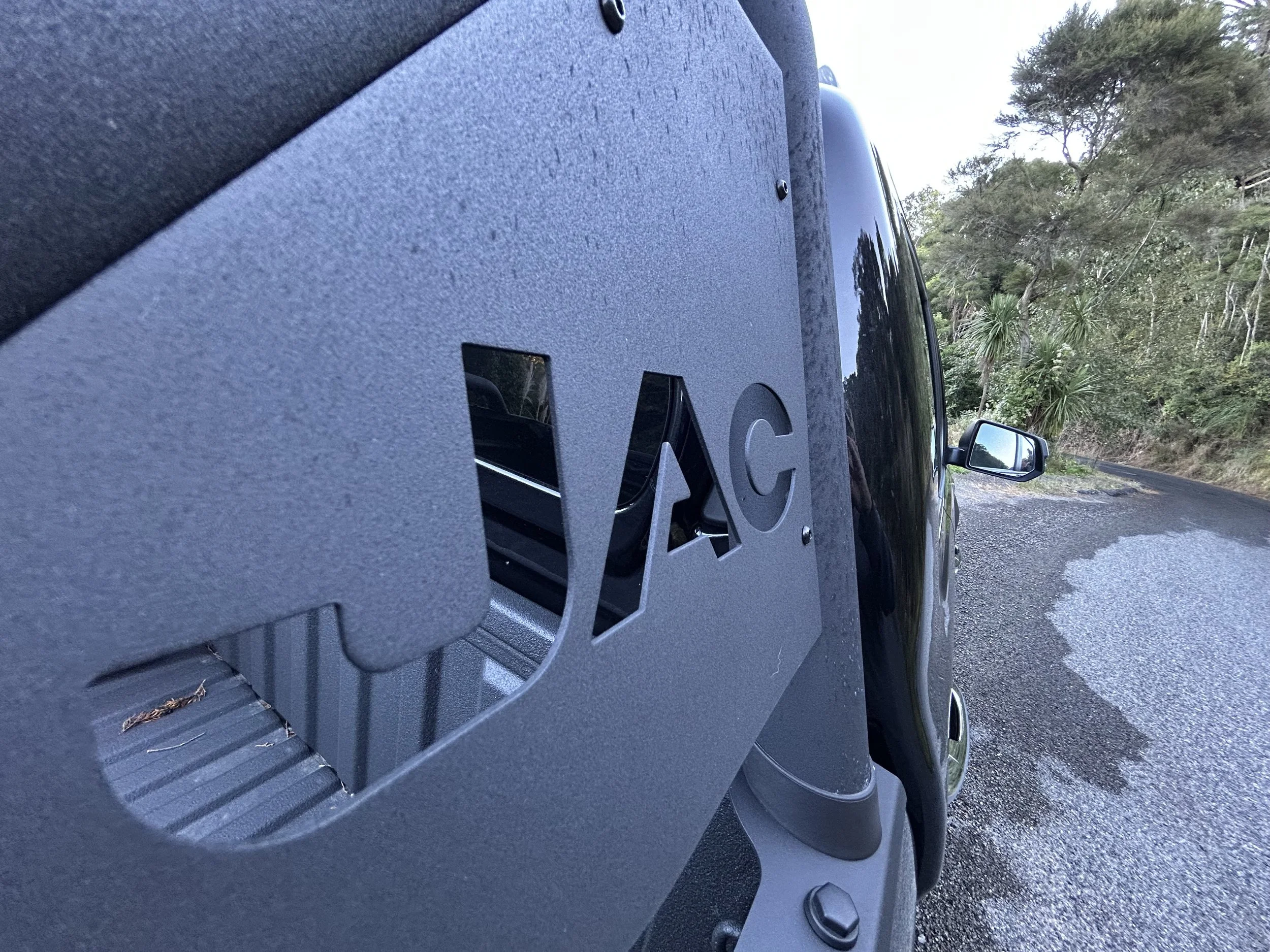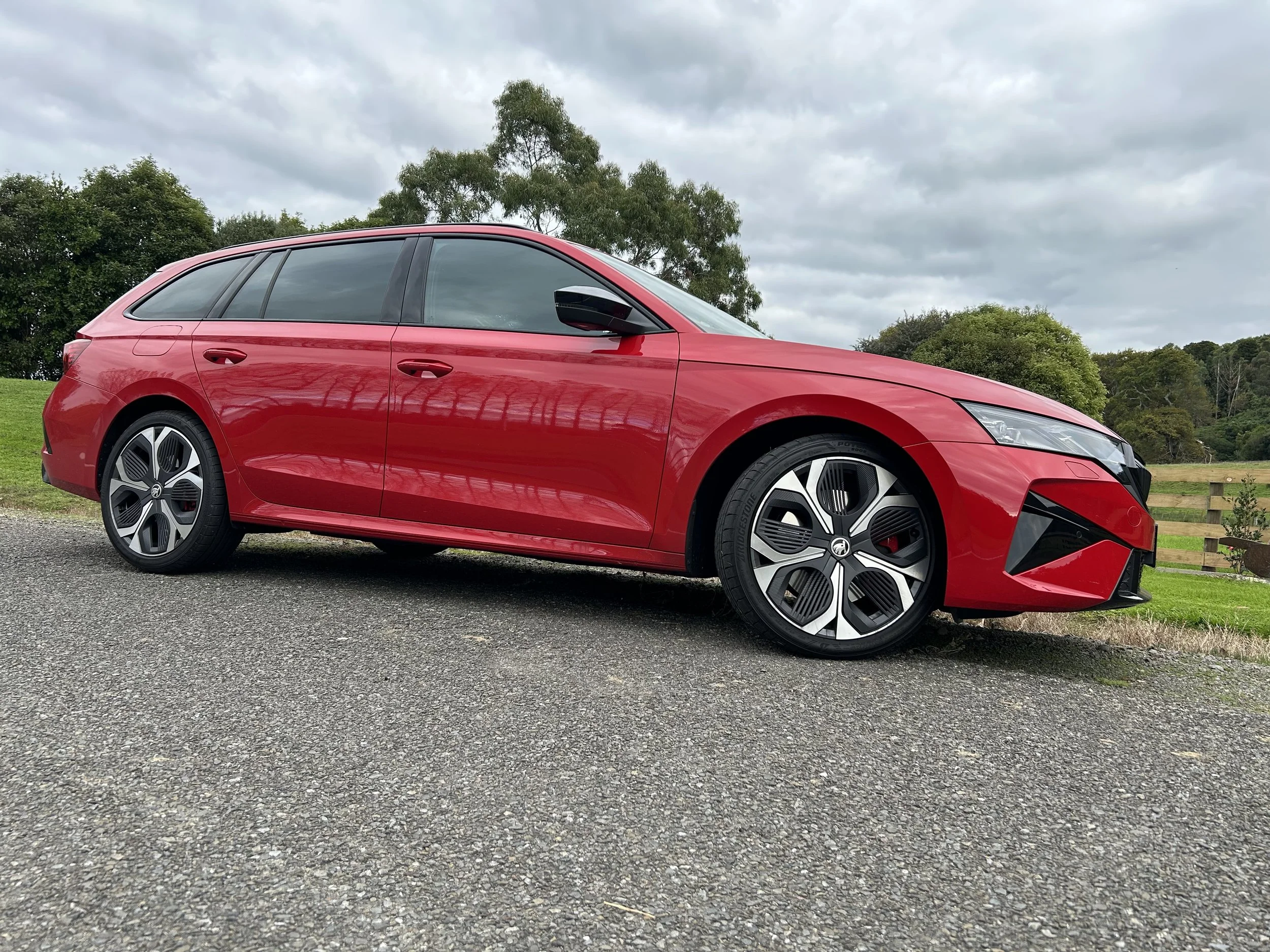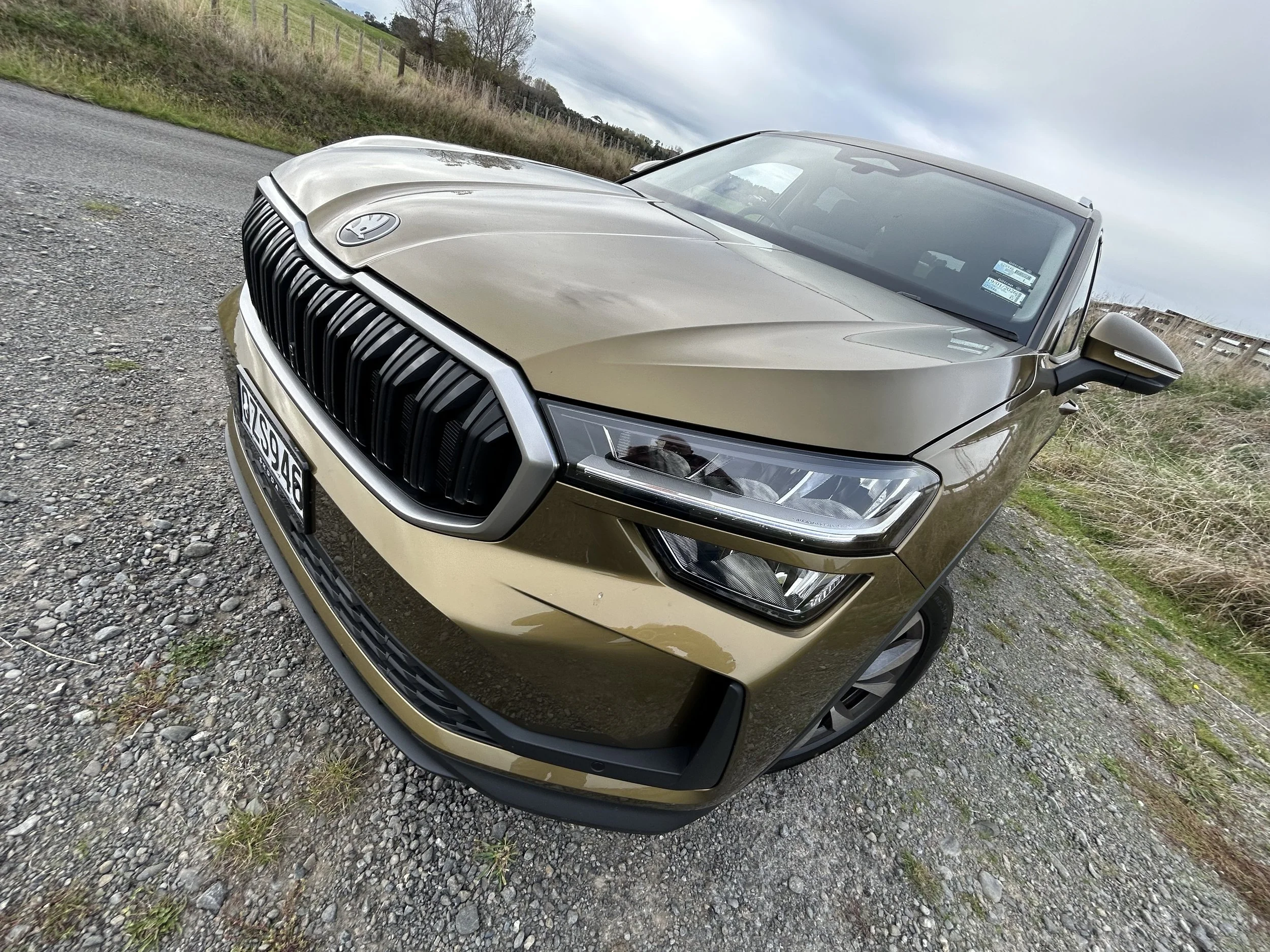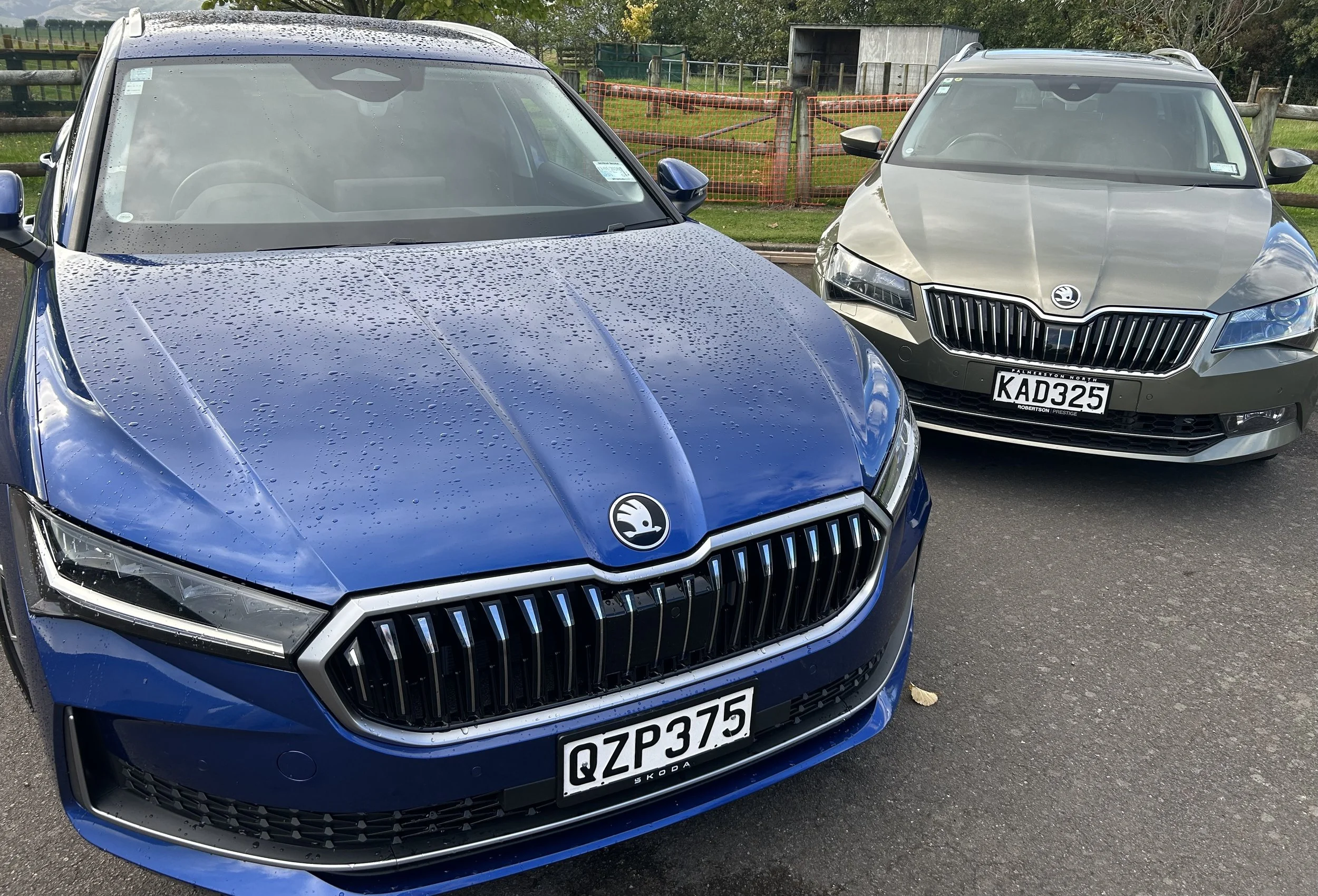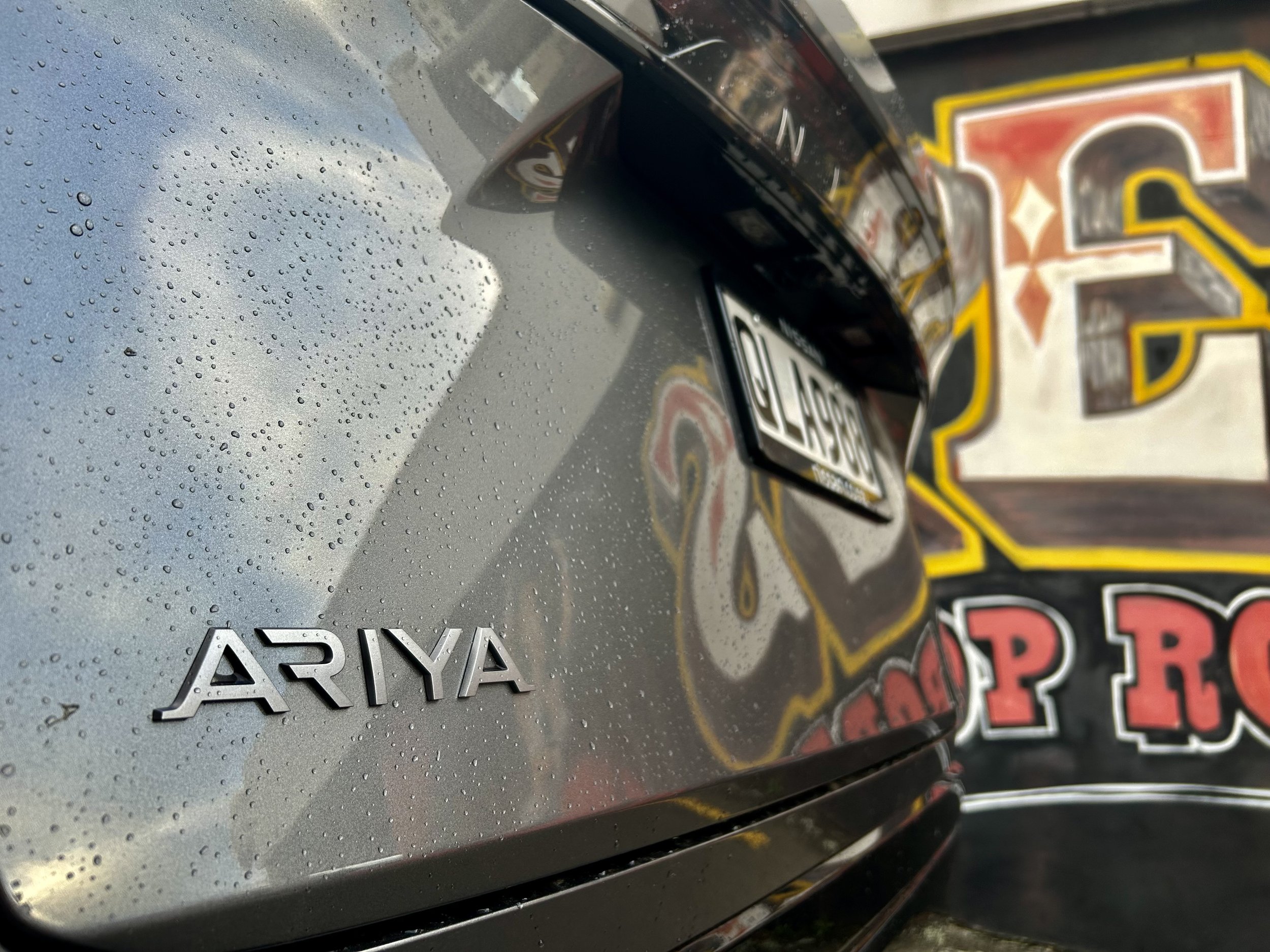Hyundai hydrogen power play expands
/It’s world EV day. Time to talk about the seriously large H bomb dropped by South Korea’s largest car maker.
Concept FK is being developed with Rimac.
ELECTRIC cars are coming – but will they take over completely?
That’s no safe bet. For all the huge amounts of money, effort, upheaval – and CO2 emitted in building charging infrastructure – that’s gone into the electric model, some big players in the automotive sphere (including those also heavily committed to developing battery-fed products) still contend it’d be smarter for us to have more than a single route to travel.
EVangelists hate to hear about hydrogen – they’ve plugged into electric, and that is that.
But, fact is, despite car makers, national and regional legislators and an increasing count of motorists all starting to see the sense of electric, the conviction about running vehicles off the mains being the only future not universal.
There are a number of hurdles fuel cell vehicles need to overcome if they are to develop into a mainstream option for drivers, yet the pluses of running hydrogen cannot be denied.
It’s pollution-free (current batteries require toxic metals) if made by solar panels when the sun shines and by turbines when the wind blows – and it can be stored.
Crucially, hydrogen should have the backing of the big oil companies, which already have sites to store stuff underground, and it can be filled into vehicles almost as quickly as petrol.
There’s appeal for governments to promote hydrogen, not least because it can be taxed as easily as petrol. The aircraft industry also has an interest in sharing the costs of development, because hydrogen has a better energy-to-weight ratio than batteries.
So, just as we currently have petrol and diesel cars, what’s wrong with foreseeing both battery and hydrogen EVs in the future?
Batteries for city cars. Hydrogen fuel cells for long-distance drivers, rural areas and heavy vehicles.
This week came ‘Hydrogen Vision 2040’. A bold statement from Hyundai Motor Group delivered during the IAA motor show in Munich, Germany.
It says hydrogen fuel-cell power will trigger a lifestyle revolution as significant as the smartphone upon its launch in 2006.
Hydrogen power, says South Korea’s biggest carmaker, will be “for everyone, everything and everywhere” by 2040, and is crucial to ensuring a sustainable future for private, public and commercial transportation. It has reinforced the view in a documentary-style short film, below.
Hyundai has decades of experience in the sector, having developed its first fuel-cell electric vehicle in 1998.
It launched a fuel-cell sports utility, the Nexo, in 2018 and more recently has delivered the Xcient Fuel Cell, a heavy-duty truck. Examples of both are now in New Zealand.
Hyundai here has several Nexos, mainly for in-house use, but it has ambition to trial the Xcient more expansively; that’s in keeping with the head office plan to develop hydrogen fuel cell versions of all its commercial vehicle models by the year 2028.
That, in itself, would seem a huge ambition. However, it seems Hyundai is really only getting started.
This week it revealed it has a new-generation fuel cell system that will be ready for introduction in 2023; coming in 100 kilowatt – for passenger vehicles and sports utilities - and 200 kilowatt versions; for commercials, where the intent is to apply singularly or in multiples for a modular approach.
Early adopters for the 100kW unit appear to be the third-generation Nexo fuel-cell vehicle, set to release in the middle of 2023, followed by a fuel-cell powered version of the Staria, a van and people-mover just-launched in NZ. Other Hyundai, Genesis and, undoubtedly, Kia vehicles will follow in due course.
The plum application could we become Concept FK. That’s the development name given a hydrogen-fuelled sports car being conceived in conjunction with EV specialist Rimac. Hyundai holds a stake in the Croatian startup.
The company has released an image of a disguised prototype and some seriously impressive details. It suggests it will make up to 500kW from combining a hydrogen fuel cell powering the front axle and a battery-driven electric motor turning the rear.
At what price? There’s the thing. Hydrogen and fuel cell has always been hobbled by high cost. Hyundai says production costs for fuel-cell systems have reduced 10-fold since it began work in the sector in 1998. The next-generation tech will enable for one-50th of the production cost of 1998 systems.
We’re going to hear a lot more about it. And probably have better chance of experiencing it, too. Widespread utilisation is envisaged. The goal is to “achieve a fuel cell vehicle price point comparable to a battery electric vehicle by 2030.” This ambition applies to both passenger cars and commercial vehicles, which remain a primary application for the fuel type.
Yes, there are challenges. Long-haul, zero emission, heavy-duty truck operation in isolation raises issues of refuelling infrastructure, refuelling time and range.
Hyundai Motor Group chairman Euisun Chung says the need to move fast is obvious; the world cannot afford to dilly-dally.
“This may be the last train to a Hydrogen Society, and time is running out. Hydrogen is the most powerful and pragmatic solution to overcoming environmental challenges. Hydrogen mobility will accelerate human progress.”
Hyundai’s ideas for hydrogen use are diverse. It gave several examples this week.
One is the e-Bogie trailer drone concept. So-named because it resembles the 'bogie' wheels of train carriages, this is a self-driving, four-wheel-steering, hydrogen-powered autonomous skateboard that could be used to move shipping containers, trucks, buses, trams and even trains of the future.
Hyundai is not alone in looking to develop hydrogen fuel cell offerings for road transport. Honda and Toyota have also heavily invested and so too BMW Group, which in June described hydrogen fuel cell tech as having the “long term potential to supplement internal combustion engines, plug-in hybrid systems and battery-electric vehicles.”
Jaguar Land Rover, owned by Tata Motors, has announced conviction fuel cell electric vehicles are “complimentary to battery electric vehicles … on the journey to net zero vehicle emissions.”
According to the Hydrogen Council, a global CEO-led initiative of leading energy, transport, industry and investment companies, hydrogen energy will account for 18 percent of global energy demand by 2050, with a market size of $US2.5 trillion.
Hyundai itself believes the popularisation of hydrogen energy will help cut CO2 emissions by more than six billion tons a year, while creating more than 30 million new jobs.










